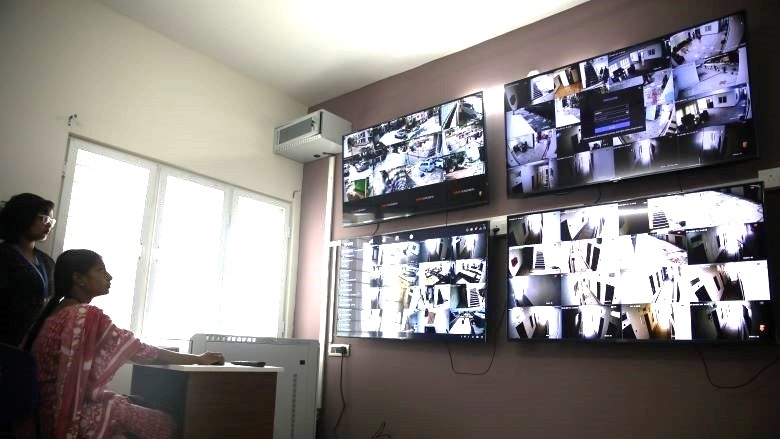Women build a new life
Back at the hostel, Dilakshana, who moved to Chennai from Sri Lanka, is relieved she found this place to stay. “I didn’t want to be just someone’s wife or mother,” she insisted, wanting instead to follow a career in a music. “I hope one day to have my own music studio and apartment. Until then, this hostel will be my safe haven, something I can afford on my small budget."
Long term hostel residents, too, remark on the positive change. “My previous hostel experience was disappointing,” remembered one veteran. “Dinner was often spoiled. But here, a vendor delivers freshly cooked meals, and we eat in a sunlit, spacious dining hall.”
The all-women team which manages the hostels is proud of fostering a nurturing community. “Having lived in a working women’s hostel myself, I understand the importance of a supportive environment,” said one of the managers.
“What’s more, hearing that my journey inspires the girls here is incredibly rewarding. If I can make my mark in this big city, so can they.”
Word about the hostels is spreading. "I don’t know where my next job will take me,” said a new resident. “But I will surely look out for a Thozhi hostel first."
“This initiative shows how the private sector can be catalyzed to ease the shortage of affordable housing in India, and at the same time boost female labor force participation.” added the Abhijit Sankar Ray and Yan Zhang, who managed the World Bank project.
In the meantime, Raghavarshini has not only found security but also a welcoming community. “Now, I’m eager to explore,” she said, her eyes sparkling with anticipation.
With inputs from Yan Zhang, Abhijit Ray, Seetha Raghupathy, and Qingyun Shen





